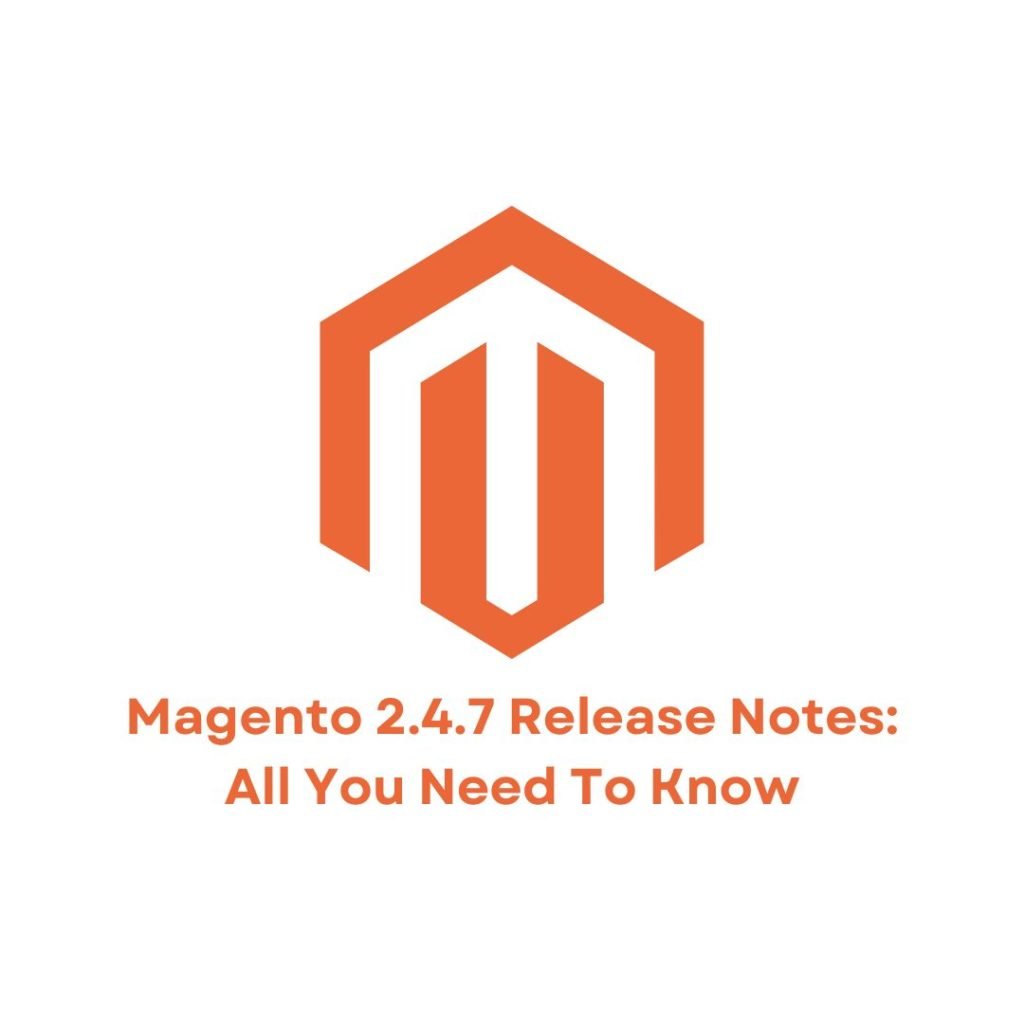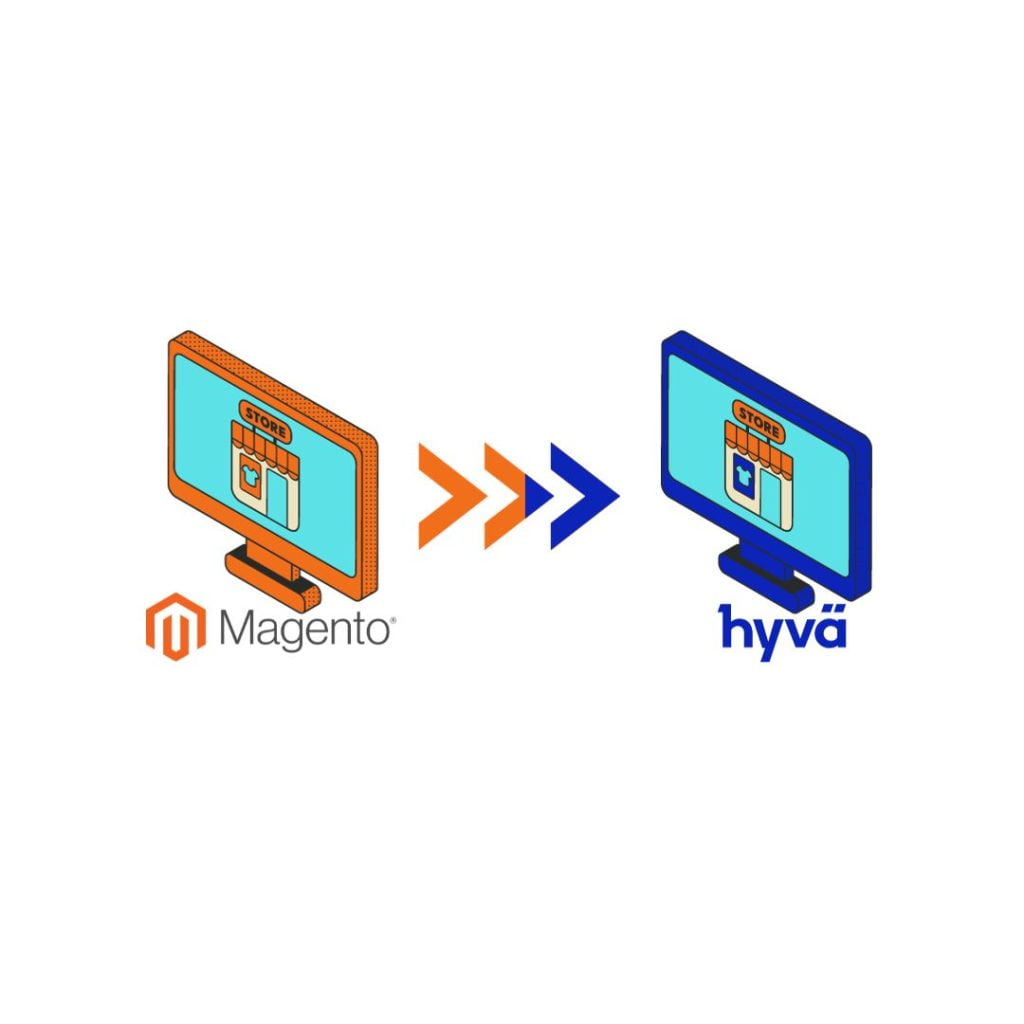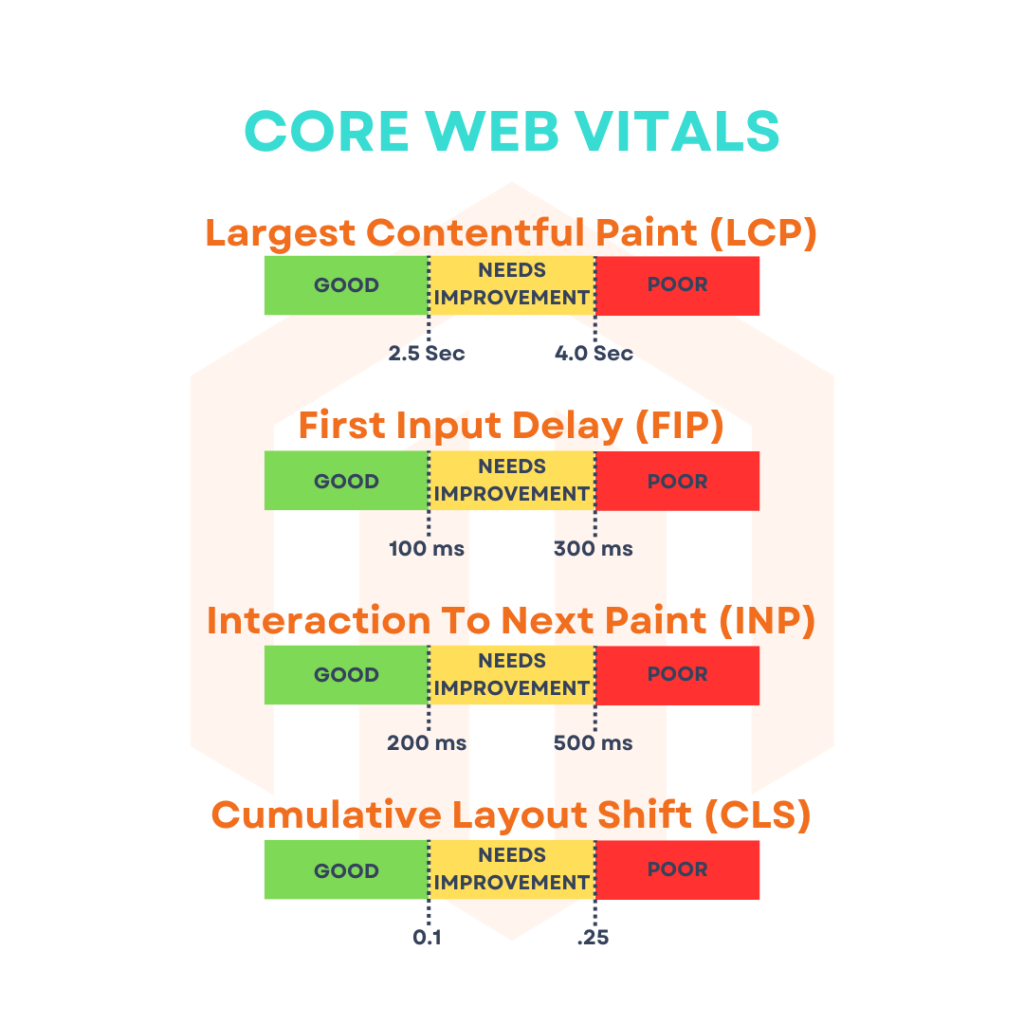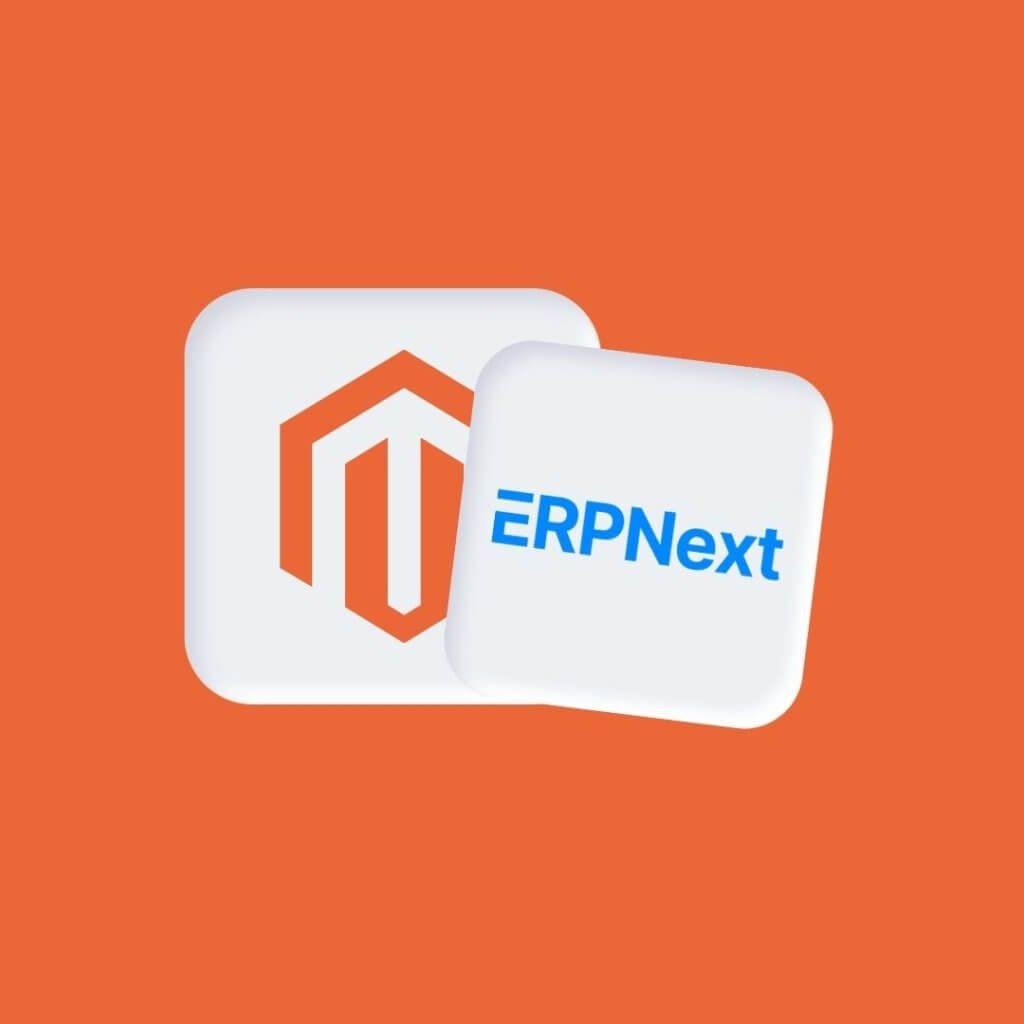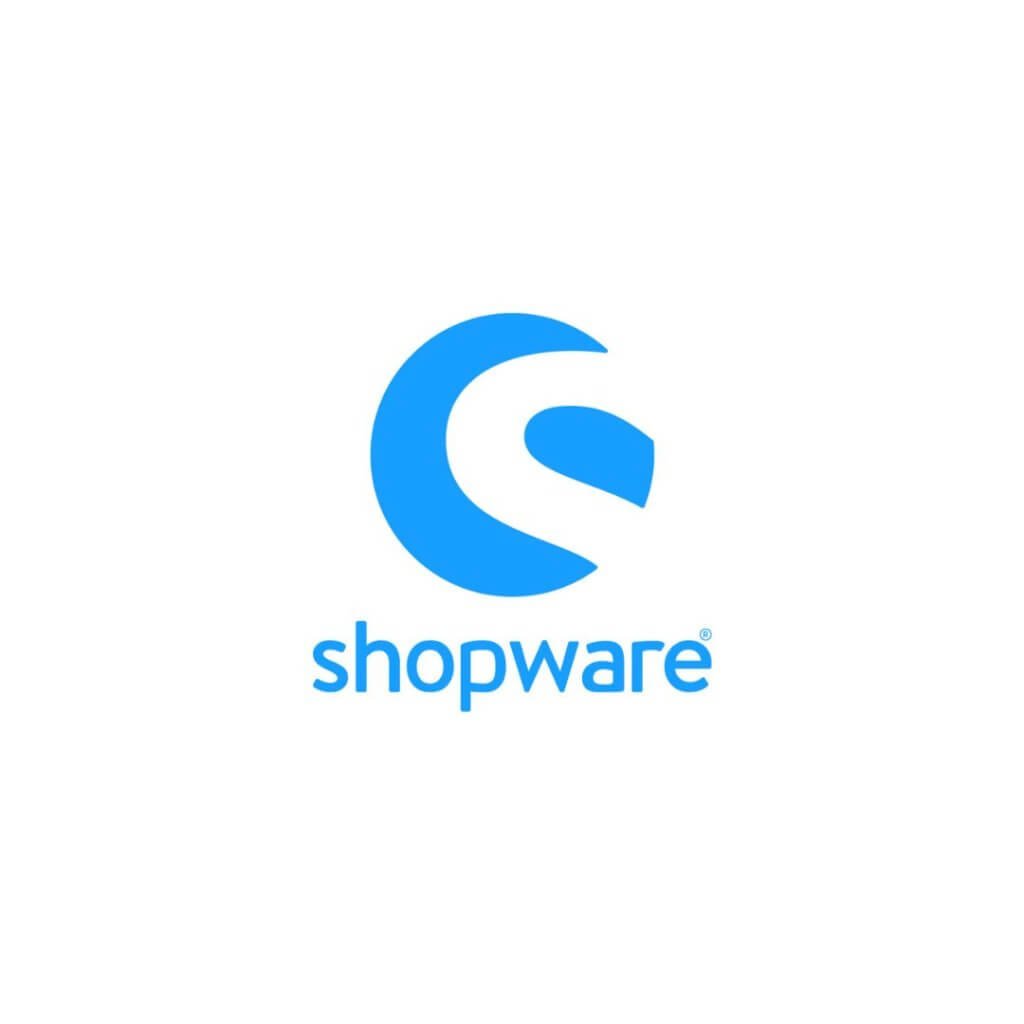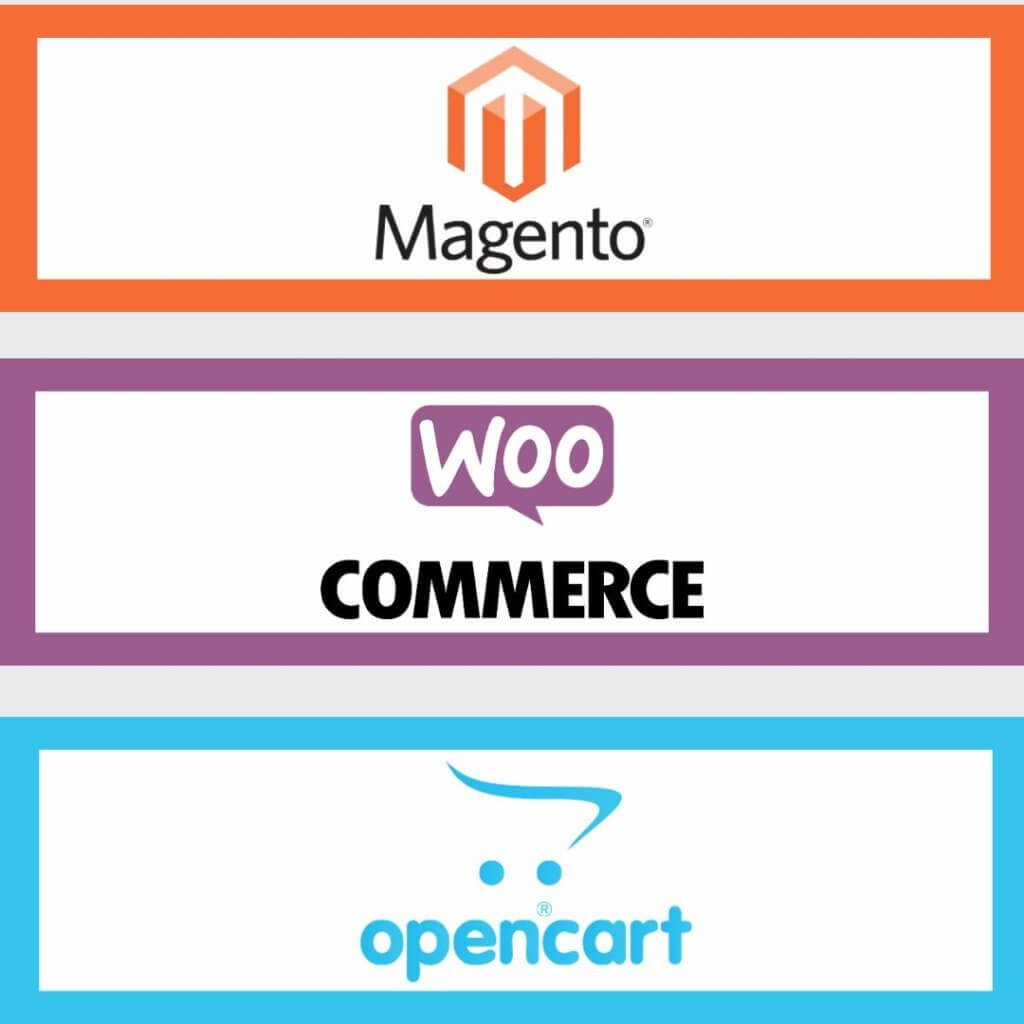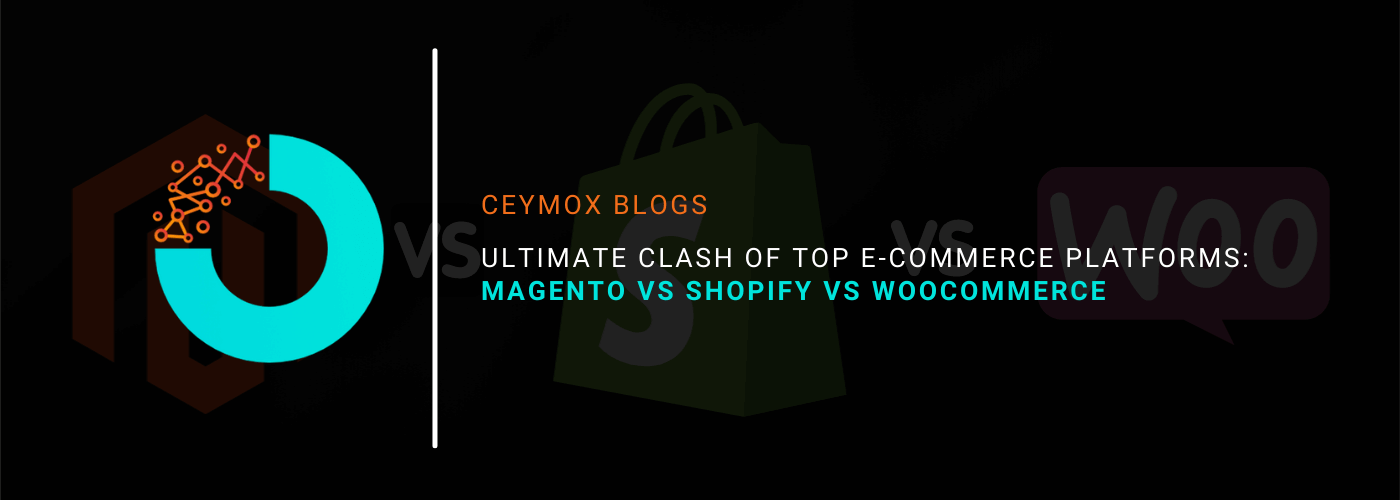
In this decade, when thousands of retailers are finding ways to go online, all are undergoing a tough situation in which they have to decide on an e-commerce development platform for their business. If taken wrong, then this decision can hugely impact their business, waste their money and efforts, and impact sales. The most popular e-commerce development platforms are Magento, Shopify, and WooCommerce. Making a choice among these 3 is quite difficult. These platforms are helping more than 2.5 million online stores across the world.
The leading 100,000 e-commerce stores are based on Magento, Shopify, and WooCommerce. Currently, nearly 4 million e-commerce are using WooCommerce, Shopify has been used by more than 1 million active sites, and Magento 170,000 e-commerce stores. In this article, we will be going in-depth about these platforms. We will understand WooCommerce first, then Shopify, and then Magento. Then we will go through the common parameters for differentiating these platforms.
WooCommerce:

From the above stats, you can understand that WooCommerce is the most used e-commerce development platform. It is not a separate platform but a plugin, installing which you can get the e-commerce functionality on your WordPress site. The main attribute of this solution is that it possesses a well-established user-base of WordPress.
Here are some other stats:
- Nearly 5% of the total websites are built using the WooCommerce platform
- Almost 22% of the leading e-commerce stores are using the WooCommerce platform
- 28.19% of the total online is being powered by WooCommerce.
Many people don’t understand the importance of this e-commerce plugin. But it plays a turning point when you are finding out the best e-commerce platform for your store.
WooCommerce is at its zenith and you will find out more ahead in this article.
Shopify:

Shopify is amongst the best SaaS (Software-as-a-service) based e-commerce platforms with a gradually increasing user base. It has a share of nearly 11% in the e-commerce market and ranks third in the ranking of e-commerce platforms. The main reason is that WooCommerce is not considered an e-commerce platform but is a plugin.
A few prominent names which are using Shopify for their e-commerce operations are Heinz, The Economist, etc.
Magento:

In the e-commerce industry, Magento is the most advanced e-commerce platform which is built to meet every need of an e-commerce store. Thousands of e-commerce web developers suggest or prefer this platform because of its big set of features & functionalities. It has been evolving continuously over the year with a new version upgrade almost every 6 months. Here are some interesting stats:
- More than 7,500 retailers have started using the Magento platform for their e-commerce operations. This clearly defines its popularity.
- In today’s time, Magento gets 5,000 downloads daily.
- A few popular brands which are using Magento are Paul Smith, Nike, Canon, Christian Louboutin, etc.
Parameters for differentiating these e-commerce platforms:
Now we will discuss some important parameters and how these e-commerce platforms are different from each other.
SEO:

WooCommerce:
WooCommerce comes with ample extensions and plugins. You can use these plugins for getting a higher level of SEO. You can modify the settings of the site as per your requirement for running the website in a better way.
Shopify:
Shopify is an e-commerce first solution thus it is capable of providing SEO optimization. However, it has a limited level of customization for SEO. There may be chances that you will require a different level of SEO as per your industry niche but Shopify will not be able to provide that.
Magento:
Magento, the highly modern e-commerce development platform comes with all essential SEO features along with inbuilt analytics. Thus you will get SEO-friendly meta descriptions, URLs, integrated Google Maps, etc.
You can also get automated watermarks and image resizing options. It is easy to customize SEO practices as per your industry niche. In 2017, a study reflected that Magento had an SEO score of 100/100.
Support:

WooCommerce:
There is a huge community of WordPress and WooCommerce is the WordPress powered plugin. Thus you can easily get help if you get stuck in any issue for improving your website functionality.
Shopify:
One of the biggest USPs of Shopify is that it offers 24 x 7 support. The system is highly organized and reliable for offering a quick solution to the customers. The Shopify users can easily reach the customer through e-mail, live chat, or phone.
Magento:
There are more than 300,000 members in the community of Magento. Many experts and certified developers are part of this community. Thus, it is quite easy to find assistance and resolve issues.
Performance:

WooCommerce:
WooCommerce comes with scalability options but the novice developers may need to struggle with codes and find it hard to scale their websites. In case, you are not having good experience in coding, then WooCommerce will not perfectly suit you.
Shopify:
Regarding performance & speed, you can trust Shopify. Speed is the most important part of the UX as if your website takes more than 3 seconds to load then more than half of the users will leave the site.
However, regarding scalability then Shopify is not very promising in comparison to the other e-commerce development platforms. You can get obstacles in your business development. If you are looking for scalability then you may need to use its enterprise solution.
Magento:
Magento is a highly e-commerce focused solution that can accommodate an unlimited number of products in its store and simultaneously a high-volume of traffic. If you are using Magento commerce then the sudden surge of traffic will not even impact the performance.
Large organizations and businesses with scalability can opt for Magento for their online business solutions. You can increase or decrease the resources on your server for driving more website traffic.
Use:

WooCommerce:
WooCommerce has exciting free themes for your e-commerce stores and they are quite easy to use. But when you need a high level of customization then the situation becomes difficult, especially when you are not experienced with coding.
Shopify:
For Shopify, you don’t need to be highly experienced in coding or development. There are hosting and software capabilities on this platform. Thus, the users have to be concerned only for the setup and their store design.
Magento:
You will get a learning curve with Magento, also you will need help from an expert for running this platform. Luckily you can easily find the Magento developers for your requirements. It would be quite difficult to customize the site without their help.
Security:

WooCommerce:
WordPress comes with regular updates for security and bug fixing. You don’t need to take stress about WooCommerce security as it is being monitored correctly. The extensive security plugins will protect your site from attackers and hackers.
Shopify:
Shopify is a global reputed platform that is highly dependable and secure. There are server-side regular maintenance and regulations. You will also get an SSL certificate and PCI compliance.
Magento:
Magento comes with the utmost security measures to protect your store from hackers. With every version upgrade, there is extra security for the store. The security patches and additional plugins and extensions offer a higher level of security to websites.
 Hubspot SEO Certified |  Hubspot SEO II Certified |  Google Ads Search Certified |  Google Analytics Certified |
Sreehari N Kartha is a skilled Digital Marketing Analyst at Ceymox, certified in SEO. His expertise encompasses a wide range of digital marketing strategies, including managing advertising campaigns on platforms like Google Ads, Facebook Ads, Instagram Ads, WhatsApp Ads, and LinkedIn Ads. With a strong foundation in SEO and SMM, Sreehari is adept at optimizing online visibility, driving engagement, and generating qualified leads and conversions. His passion for emerging technologies, such as Crypto, NFTs, and Web3, further complements his skillset, enabling him to navigate the dynamic digital landscape.
View All Articles
